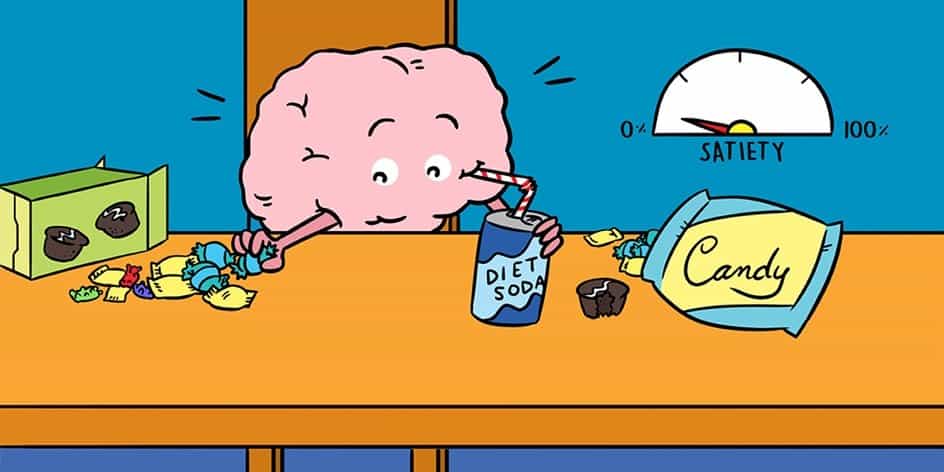Sugar High=Brain Low
According to the Special Holidays Calendar for June 2020…June is National Candy Month, who knew!…and look at the days dedicated to sugary treats…
2nd National Rocky Road Day
4th National Applesauce Cake Day
5th National Doughnut Day
7th National Chocolate Ice Cream Day
9th National Strawberry Rhubarb Pie day
12th National Peanut Butter Cookie Day
20th National Ice Cream Soda Day
22nd National Chocolate Eclair Day
Who wouldn’t want to celebrate these special days!!??
We have heard over and over that too much sugar in our diets can lead to weight gain and obesity, Type 2 diabetes and dental decay. Even though we are armed with information, statistics, and guilt, sweet treats can still be hard to resist as we watch our hand dive into the cookie jar.
What is really going on in our brain?
The brain uses more energy than any other organ in the human body and glucose is it’s primary source of fuel. But what happens when the brain is exposed to an excessive amount of sugars in the standard American diet? In this case, more is definitely not better.
In the brain, excess sugar impairs both our cognitive skills and our self-control. Even in those without diabetes, higher sugar consumption is associated with lower scores on tests of cognitive function. For many people, having a little sugar stimulates a craving for more and this drug-like effect in the brain, stimulates our reward center.
When we eat sweet foods, the brain’s reward center, called the mesolimbic dopamine system, lights up. Dopamine is a brain chemical released by neurons and can signal that an event was positive. When the reward center fires, it reinforces behaviors, making it more likely for us to carry out these actions again.
Can sugar rewire the brain?
The brain continuously remodels and rewires itself through a process called neuroplasticity and this happens in the reward center too. Repeated activation of the reward pathway by eating lots of sugary foods causes the brain to adapt to frequent stimulation. Overtime, greater amounts are needed, as tolerance rises, to reach the same rewarding feeling. This can become an addiction and increased craving cycle. This is why you may have heard that sugar is as addictive as cocaine. They both effect the same part of the brain!
More to Consider!
- Mental capacity is also hindered due to the fact that elevated blood glucose harms blood vessels. Blood vessel damage is the major cause of the vascular complications of diabetes, leading to other problems, such as damage to blood vessels in the brain and eyes causing retinopathy.
- Mood and the ability to process emotions is compromised with elevated blood sugar, even in healthy young people, according to brain imaging studies.
- Memory is compromised as research shows that a diet high in added sugar reduces the production brain-derived neurotrophic factor (BDNF), a brain chemical essential for new memory formation and learning. Lower levels of BDNF are also linked to dementia and Alzheimers.
So there you have it!!…and this isn’t about never having those sweet treats. It’s about arming yourself with knowledge and an awareness of how sugar can hijack our moods, emotions and brain function. If you can limit sugar intake to under 40 grams a day, you will see a real difference in yourself and in your family.







